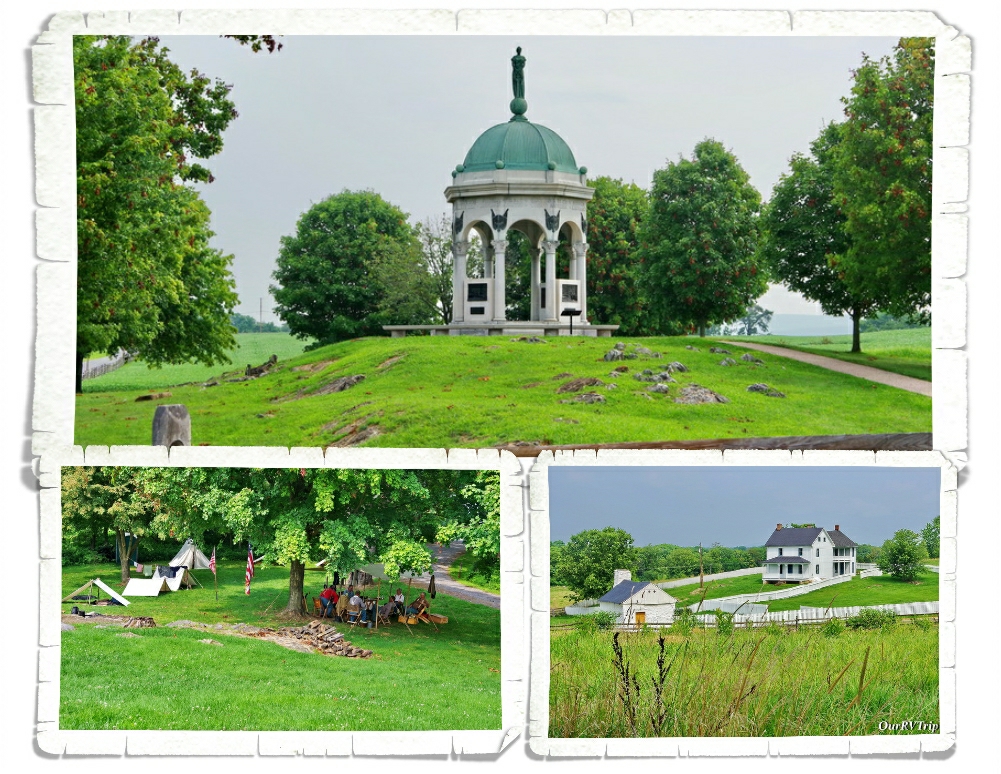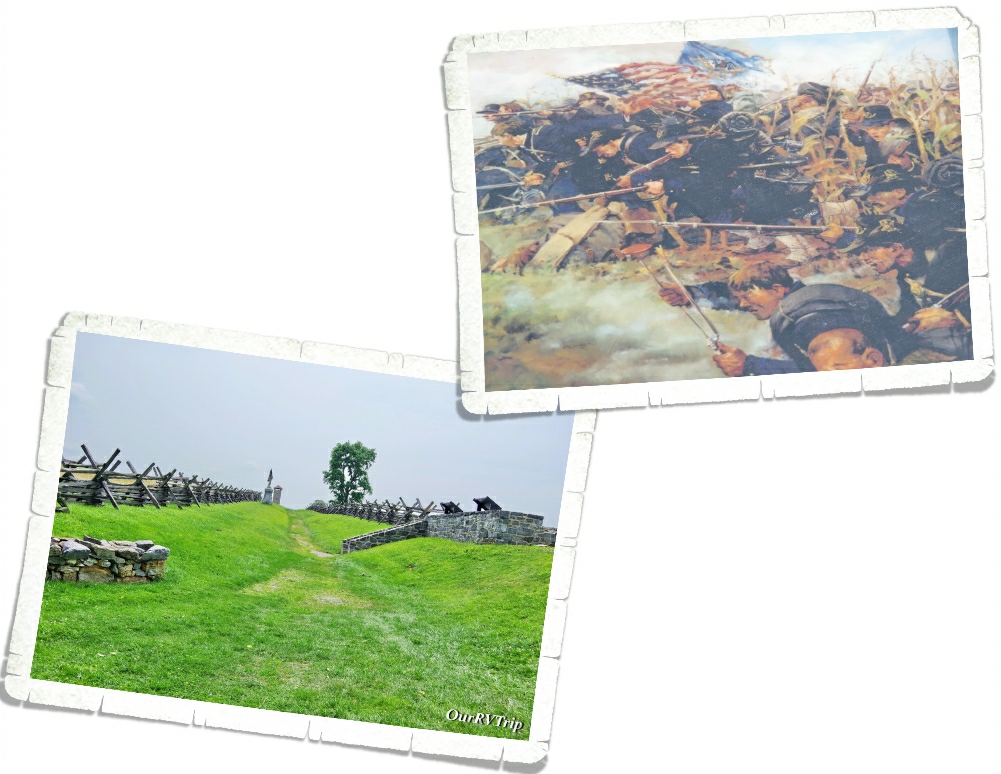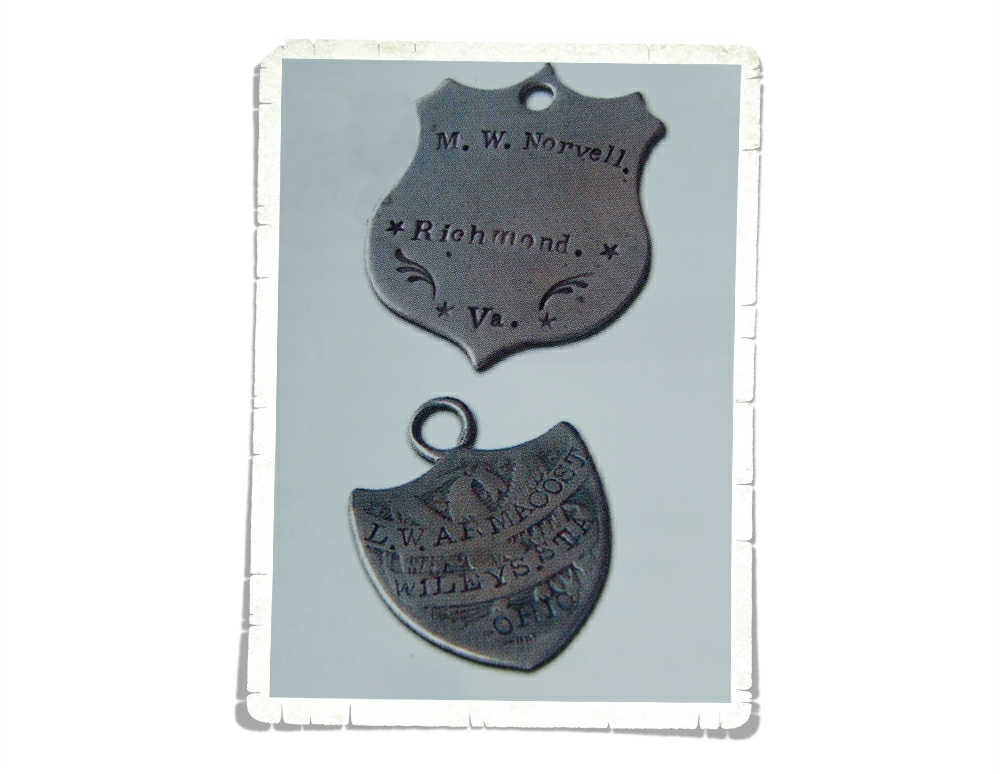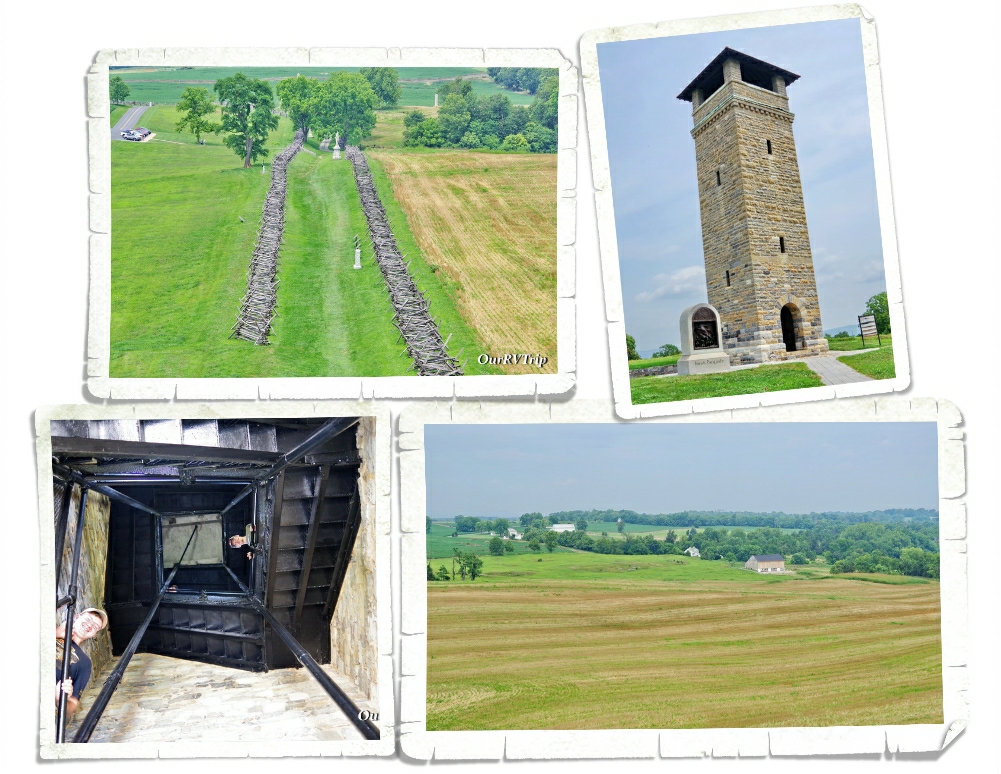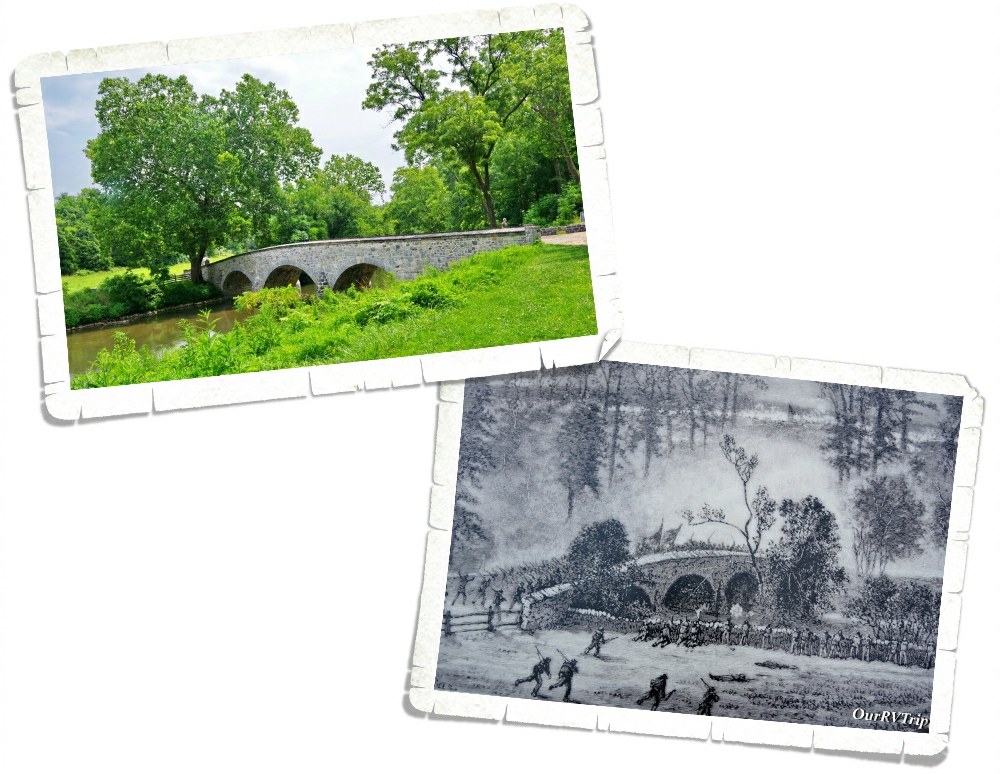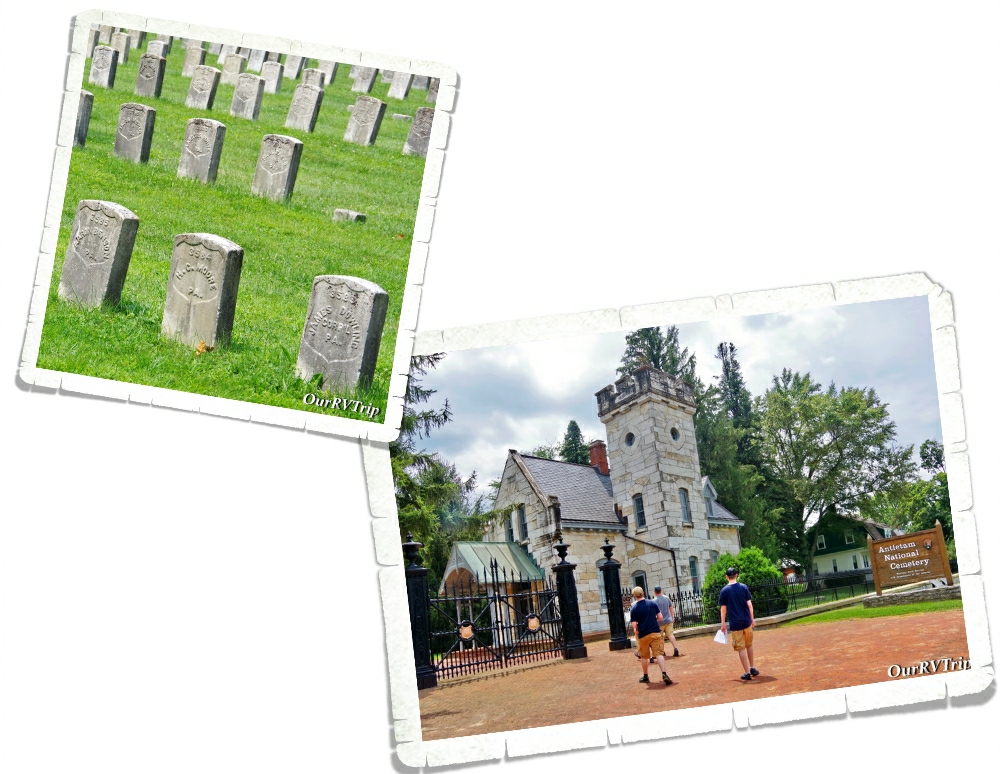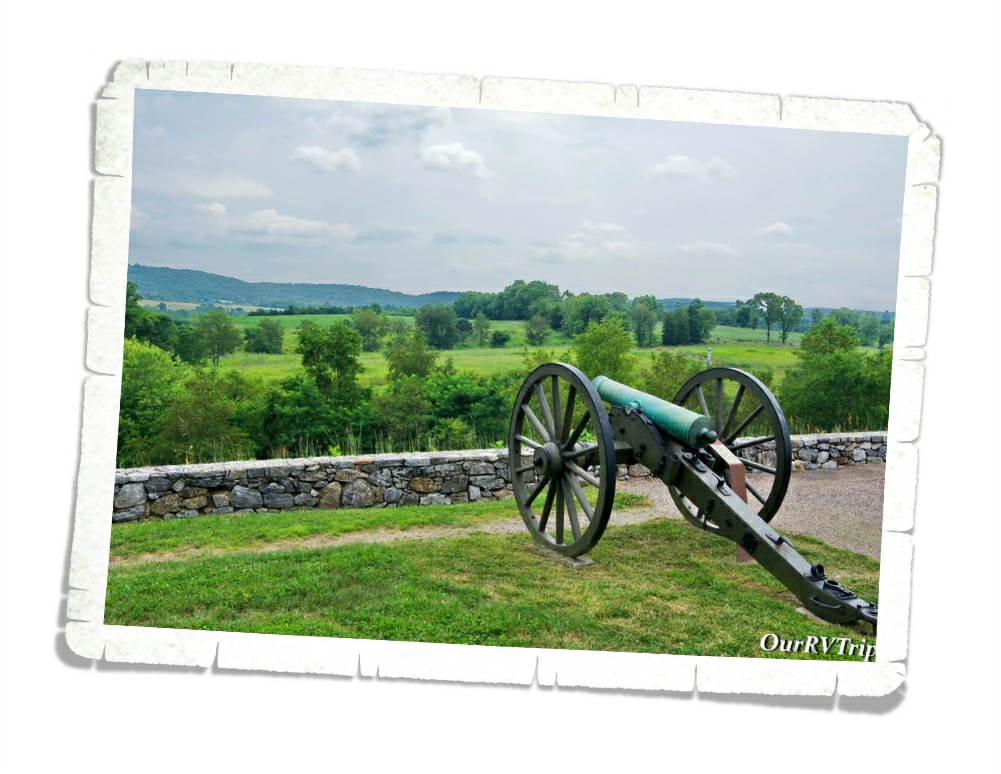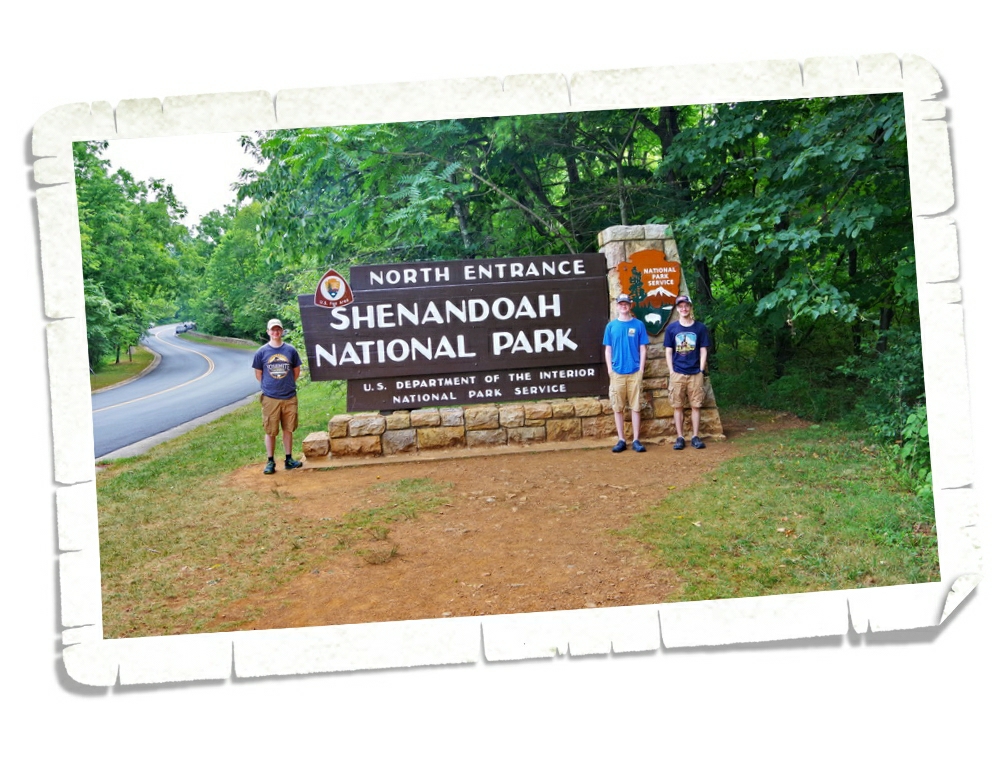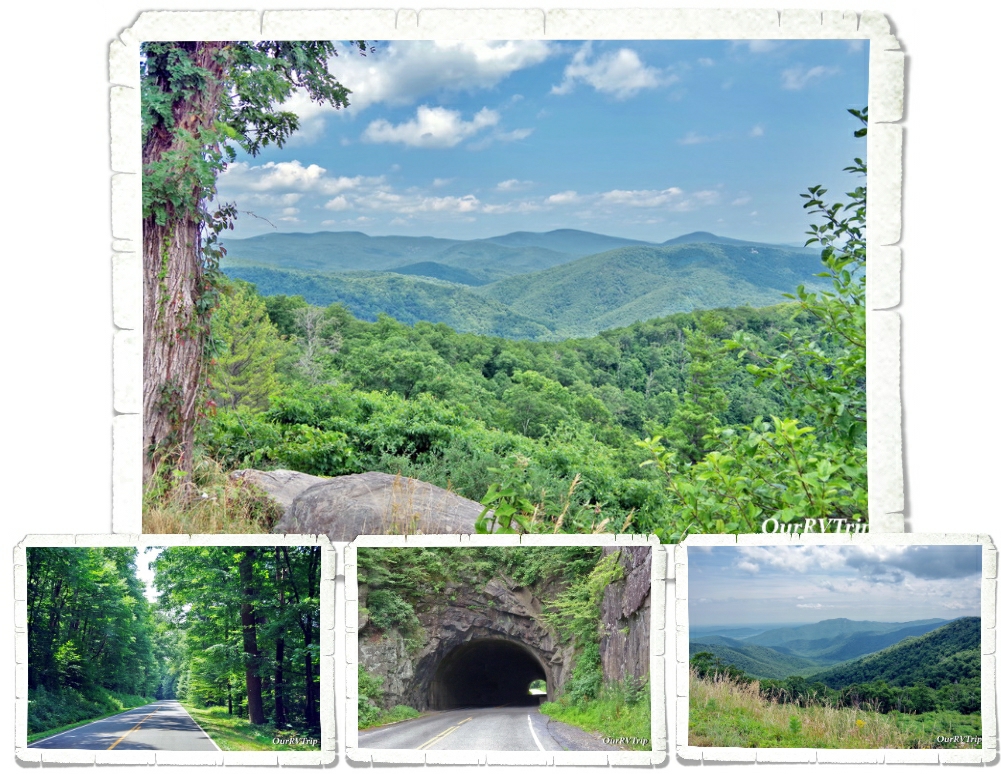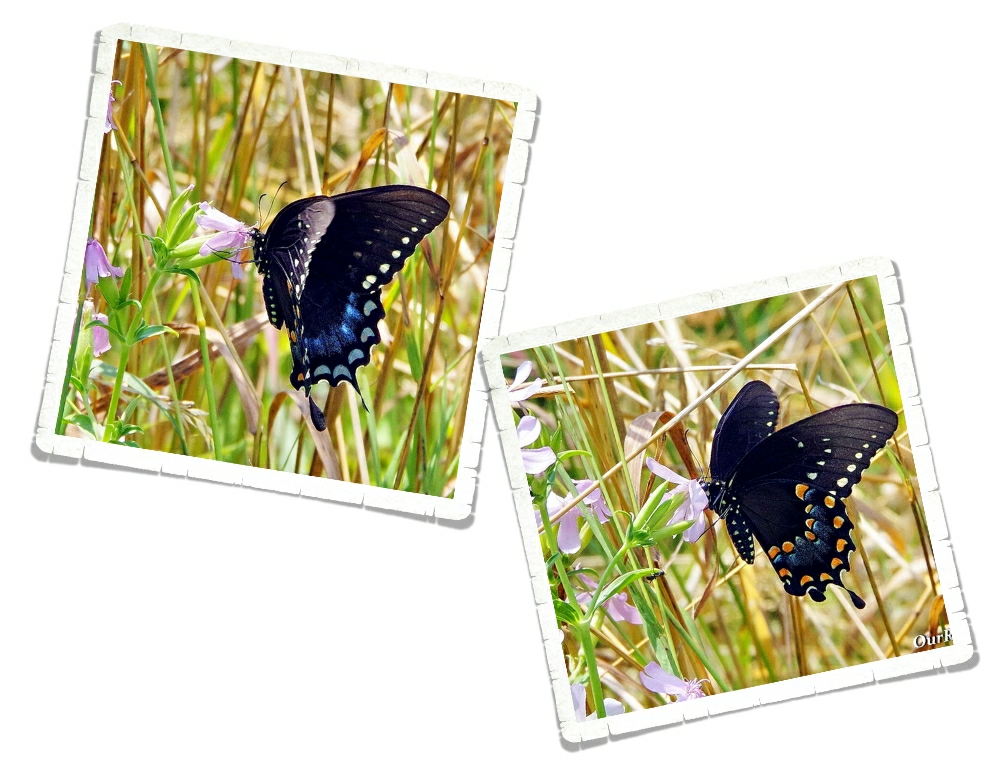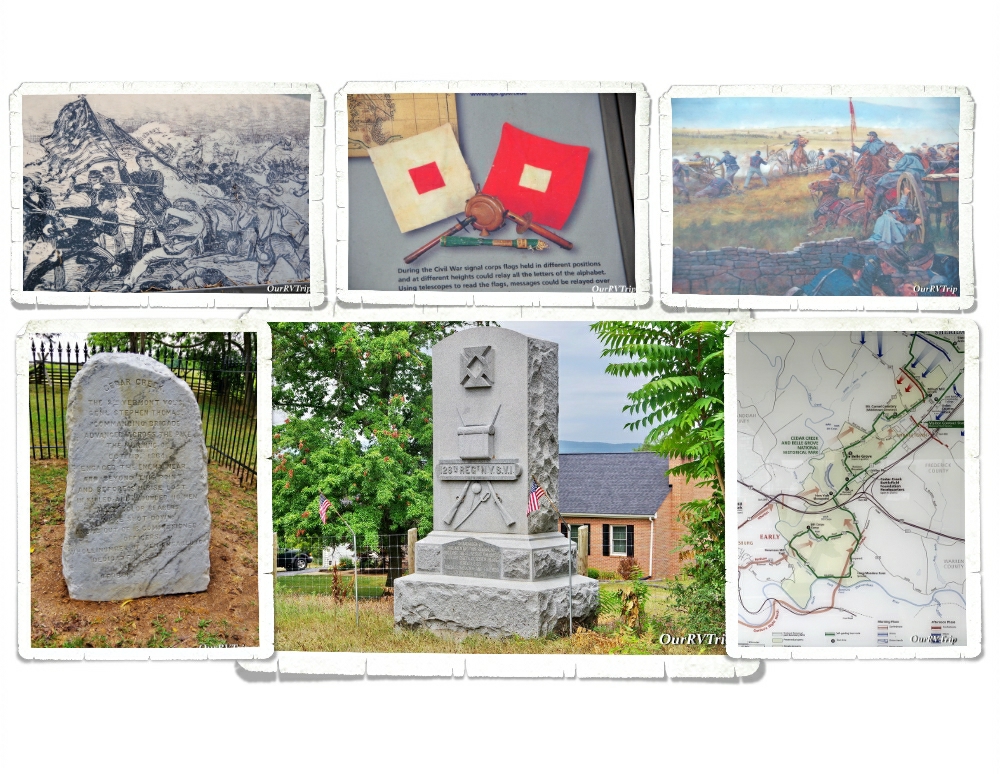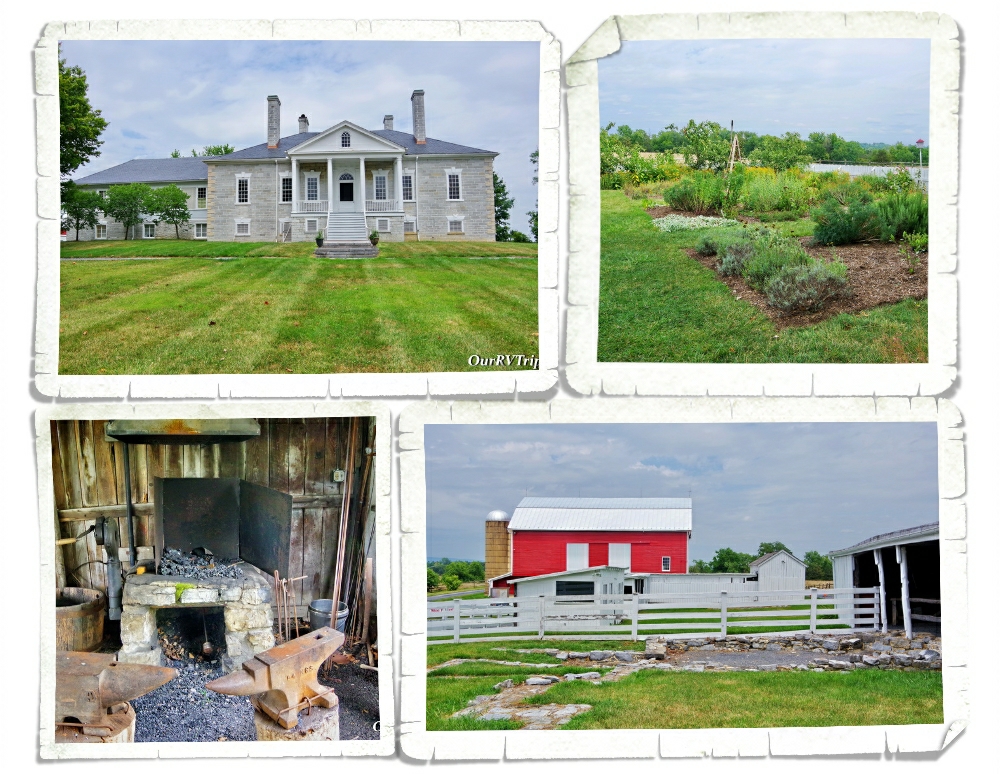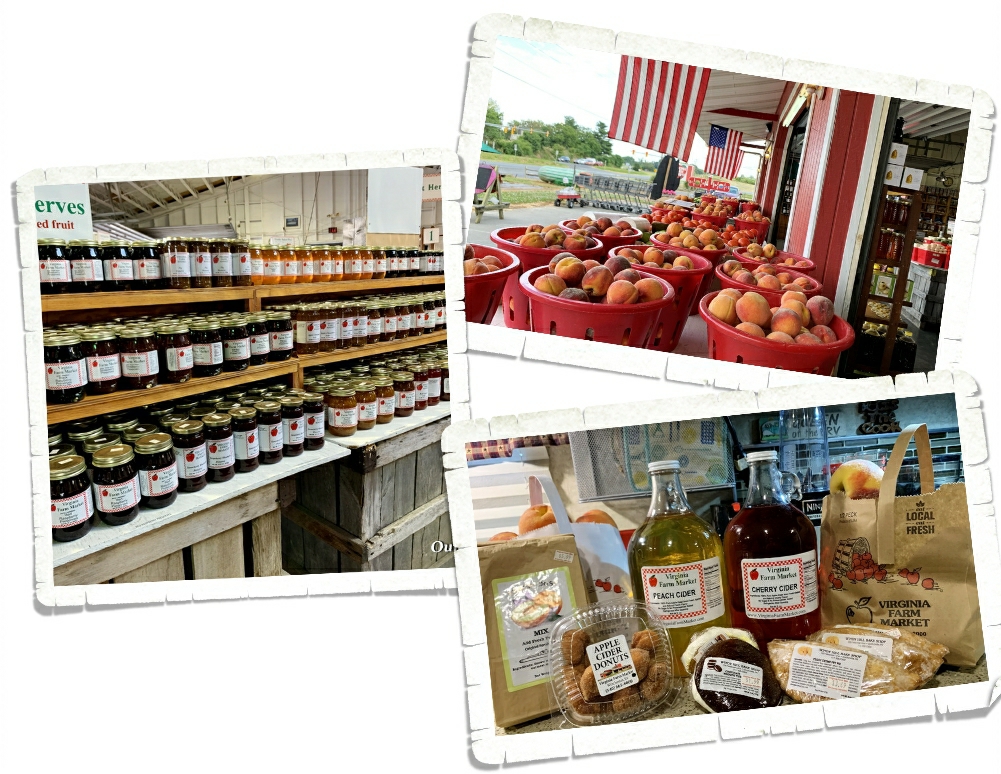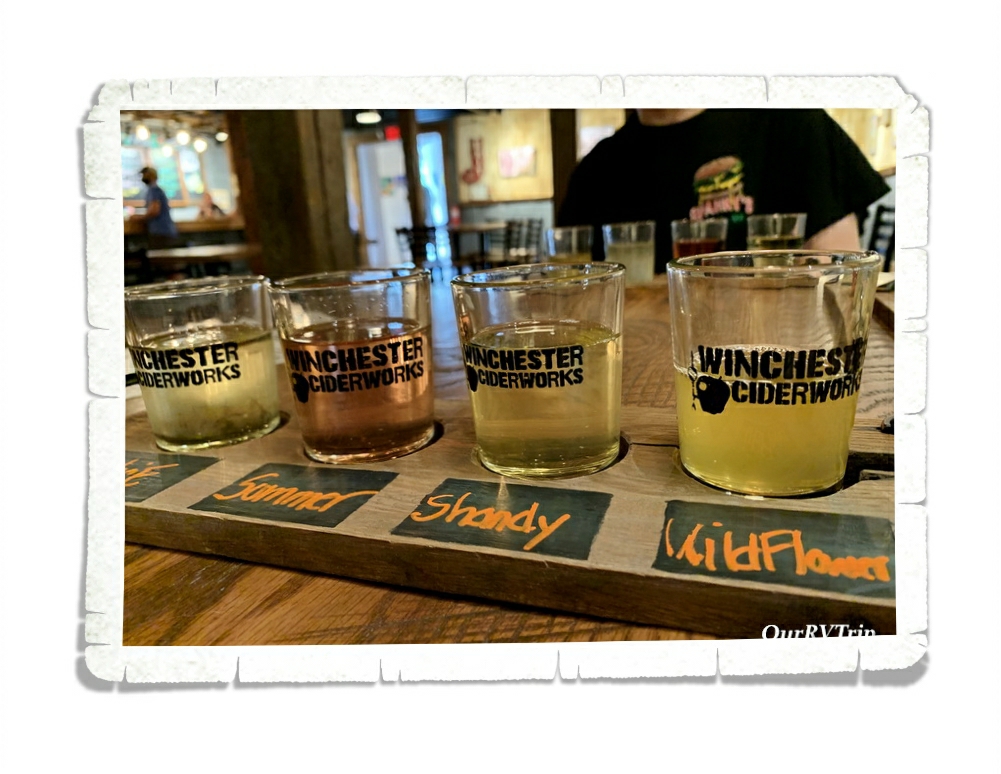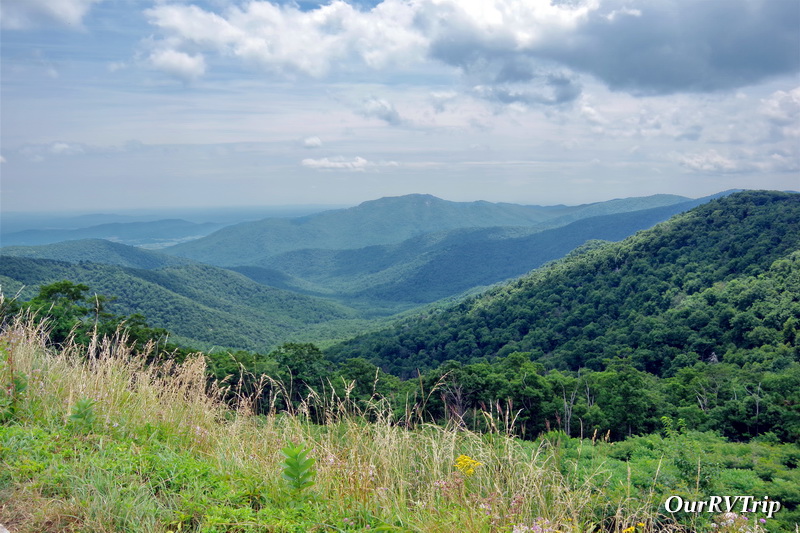
Valleys and Battlefields
Hey Guys! We spent two weeks in Winchester, VA and I have to admit…I really like this area of Virginia. We haven’t spent much time in Virginia…mainly along the coast…so I wasn’t sure what to expect. There’s so much to do and see in this area! SO much! We tried to see as much as we could, but sometimes…we don’t get nearly as much adventuring done as we’d like.
Our boys have been interested in the Civil War for a long time now…Charles even took an extra history class about the Civil War during his senior year. We’ve been to quite a few pivotal battlefields and locations for the Civil War over the years so, it was no surprise that they all wanted to spend a day at Antietam National Battlefield before we did anything else for this stop.
Antietam National Battlefield is thought to be one of the most well preserved Civil War battlefields. There’s an 8.5 mile driving/audio tour you can take that covers many of the key locations of the battle. It’s well worth the twenty or so dollars for the audio cd in the visitor center. Dunker Church and a few of the family farms that were used during the battle have been rebuilt or restored. The day we went, there were quite a few volunteers in period dress. It definitely added to the visit and was done in a way that wouldn’t take away from the experience if that kind thing isn’t for you.
The battle of Antietam started at dawn on September 17, 1862 and after twelve hours of savage combat, over 23,000 soldiers were killed, wounded or missing. Thousands of soldiers were killed in those twelve hours with thousands more dying from their wounds or disease in the days following. This one day of the Civil War is considered to be the bloodiest day in American history and ultimately led Abraham Lincoln to issue the Emancipation Proclamation.
The Civil War is the first documented attempt by soldiers to ensure their bodies could be identified if they were killed during battle. The soldiers started pinning tags like the ones in the picture above onto their uniforms before battle. Around forty-two percent of the soldiers killed in the Civil War were never identified.
One of the things we always look for at a battlefield is a tower we can use to get a good overview. This one was built by the War Department in 1896 as part of an open air classroom. You get a good look at what’s referred to as “Bloody Lane”. What once was an old sunken dirt farm road was the site of a four hour fierce standoff that resulted in over 5,000 soldiers being killed or wounded…and neither side gained anything. This sunken road is now known as Bloody Lane.
It’s always interesting to find a witness tree or building. A witness tree or building is one that was there during the event. At Burnside Bridge, you’ll find an old sycamore tree that stood witness to the battle of Antietam and was, in fact, in the middle of a three hour battle on that September day way back in 1862. The park has a fence up to keep people from trampling all over the tree, but I bet if you could get close enough, you’d see some old bullet wounds.
Within Antietam National Battlefield you’ll find the Antietam National Cemetery. We always visit those too. To remember what the cost of our freedom is. We always walk through some of the tombstones and I always read the names…someone remembers you…someone appreciates your sacrifice. I think it’s important to remind our kids that freedom isn’t free. Someone has to pay the price and they should be remembered for it.
In every battlefield you find stories of war and conflict…of terror and death. But, you’ll also find stories of bravery and survival…stories of freedom and new beginnings. It is my opinion that these types of National Park Units are some of the most important units. The history preserved in the many battlefields, forts, and military parks needs to be remembered so that we can remember how far we’ve come as a Nation and how far we still need to go.
While we were so close to it, we took a day to explore Shenandoah National Park. Unlike most of the National Parks in the west that were created to preserve some epic natural feature or wilderness area, Shenandoah was cobbled together from private property. It took Virginia years to quietly buy up property and convince… and in quiet a few instances, bully…people off of their family property. The land that was slated to become Shenandoah NP had long been used by farmers, mill owners, logging companies, trappers and miners. It was not only where they lived, but where they made their money…their livelihood. Entire communities relied on the resources provided by the Blue Ridge Mountains and the Shenandoah Valley.
When Shenandoah National Park was dedicated on July 3, 1936 most of the land was unforested open land. Now, it’s close to 200,000 acres of mostly wilderness area. Skyline Drive is a National Scenic Byway and runs 105 miles down the length of Shenandoah NP and supplies around seventy pullovers for views. If you plan on driving Skyline Drive in your RV…make sure you’ll make it through Marys Rock Tunnel where the max height clearance is 12’8″.
We heard a lot about all of the bears and deers…and the amazing waterfalls. We were told by a Ranger that pretty much all of the waterfalls were dried up. So, we didn’t hike to any of them. The few hikes we were interested in were so crowded that we skipped them. And maybe that’s why this park for us was just…OK. We weren’t impressed with the views and we were even less impressed with the way the park was cobbled together and formed. I guess they can’t all be awesome.
Cedar Creek and Belle Grove National Historical Park preserves a significant Civil War landscape and an antebellum plantation in the Shenandoah Valley. This battlefield is mostly on privately owned land, but the NPS has still put together a great driving tour that gives you the main story of what took place here. Established in 2002, this NPS unit is one of the newer Civil War battlefields brought into the NP and is actually a collaboration of several different partners to manage the park.
The Belle Grove Planation was used as a headquarters for General Sheridan during the battle of Cedar Creek. Built between 1794 to 1797, the manor house has had very few changes and is considered one of the best preserved 18th century homes in the country. It’s currently open to the public for tours for a fee. We opted not to do the tour but walked around the grounds and read all of the National Park info signs. Belle Grove is actually owned by the National Trust for Historic Preservation but is included in the National Park.
We found this great little Civil War museum one afternoon while we were exploring Historic Downtown Winchester. It’s part of the NP system and has a cancelation stamp (if you collect those). It was filled to the brim with information and artifacts. Because Winchester is situated on such a strategic location, it changed hands close to 72 times during the Civil War…so as you can imagine…this area is overflowing with Civil War history.
Winchester is located along the Valley Pike (route 11) which was once known as The Great Wagon Road. People have been using this area since the Native Tribes of the area used it for travel to follow the migrating buffalo herds. People go to the area for the amazing amount of Civil War stuff…but Winchester has played a part in our Nation’s history for longer than the Civil War. George Washington spent his early adult life in Winchester where he worked as a surveyor when he was sixteen years old. He fell into a commanding role during the French and Indian War and used the building you see in the pic above as his headquarters. We were surprised to learn that Washington was actually elected to his very first public office as Frederick County’s (Winchester is in this county) representative to the House of Burgesses. He passed one legislative bill the entire (I think around twenty years) time he was in the House of Burgesses…it was for public health and made it illegal to let your pigs roam around the streets and streams. Basically, Virginia is where Washington learned the skills that would allow him to effectively lead an army during the Revolutionary War and then continue on to become the first President of our new and struggling Country.
This area of Virginia has so many farm markets and orchards! We only made it to one…that’s all we had time for. We were there during peach season and boy-oh-boy…we found peach everything! We had peaches for weeks!
We found a fair amount of apple products too and couldn’t pass up visiting Winchester Ciderworks. Our oldest (Charles) just turned 21 back in July so we took him with us and he had his first flight. The three of us each got a flight where we got to try some hard cider made from apples grown, pressed and fermented right there in Winchester! If craft breweries, distilleries, cideries, or wineries are your thing…there’s an entire Shenandoah Spirits Trail for you to explore!
Lets talk foodies! Guys, every place we tried while in Winchester was top-notch. Seriously good. We were able to get some pizza delivered right to our home-on-wheels for the first time in a looonng time from Pizza 3.14. It was fantastic! We found some amazing bbq at Bonnie Blue Southern Market & Bakery…so good that we’re still talking about it.
It was summer (July) when we were in Winchester and the flowers were in full swing! Fields and fields of wildflowers in full bloom! Also…the chiggers were in action so I got SO many chigger bites while we were exploring the battlefields. I tried to stay on the paths…but…Guys…the pretties were taunting me. Beckoning me! Every single time I got off trial I’d get chiggers. Every. Single. Time. It’s been an itchy summer, but just look at those pretties.
That’s all we had time for while we were in Winchester, Virginia. We crammed as much as we could in, but didn’t scratch the surface of what’s available to do. We really wanted to make it to the Museum of the Shenandoah Valley and visit a few more farm markets or orchards. We’ve decided we will absolutely have to go back to Winchester during the fall to get some fresh apples and see the leaves as they change colors.
See Y’all down the road!
#NationalParkTour

